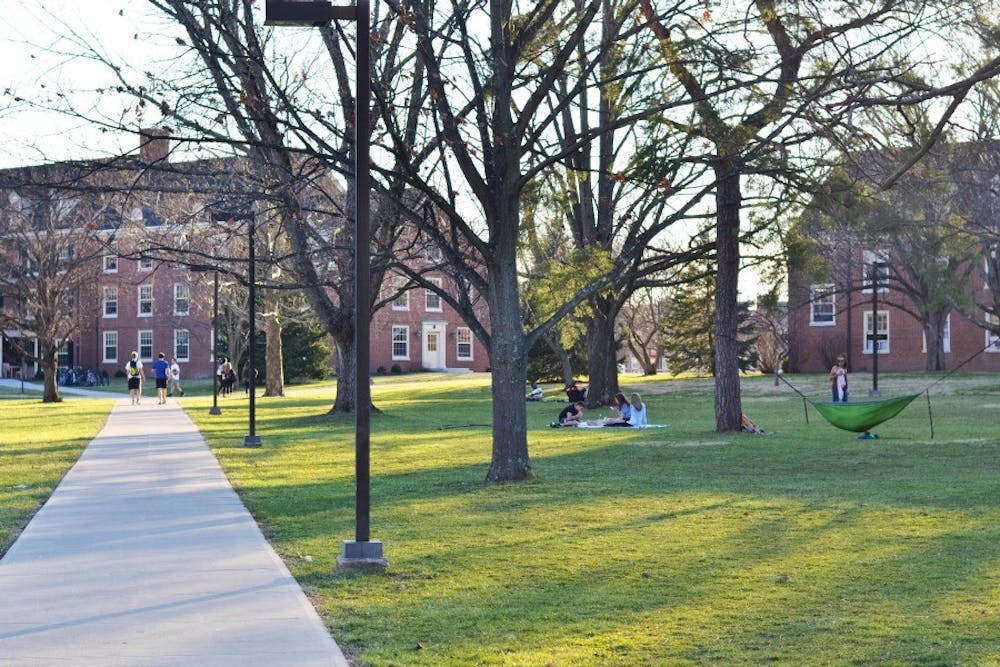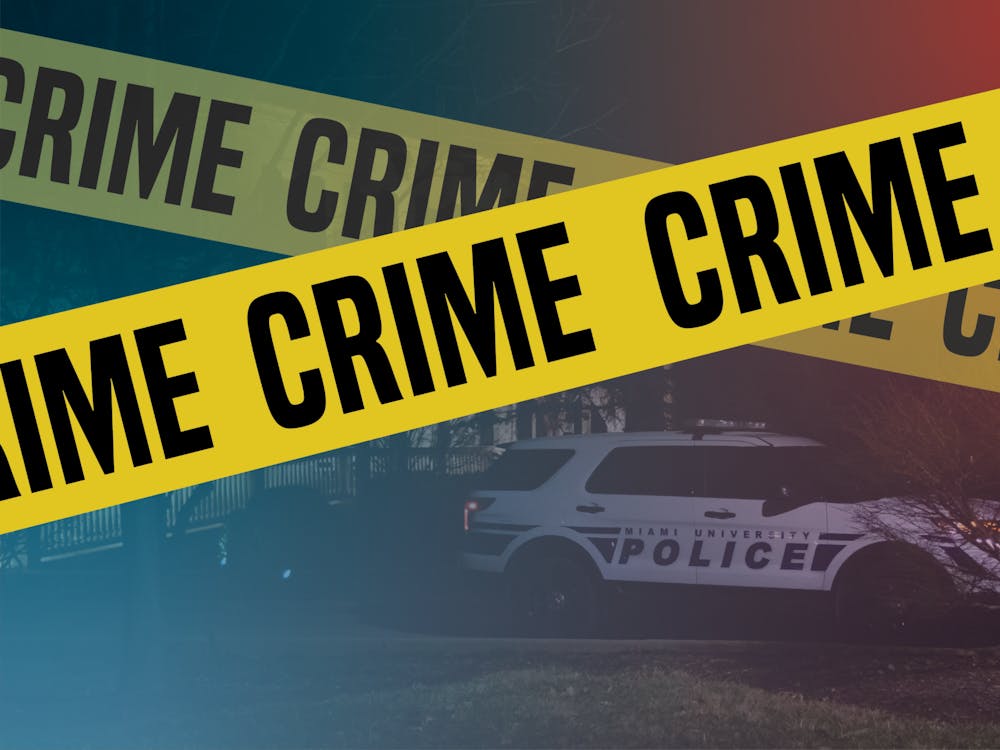The production of a successful vaccine targeting COVID-19 has led to many questions about distribution and supply, with states creating individual plans to give vaccines out as effectively and efficiently as possible.
Ohio is no exception — under the guidelines of the distribution plan, groups such as healthcare workers, people over the age of 65 and K-12 educators get priority over the general public when being considered for vaccination. The rollout plan is actively being used across the entire state.
The distribution plan, however, does not include university educators and staff.
This policy (or rather, the lack thereof) was never directly communicated to professors at Miami. Instead, they had to find out about it through individual research and word of mouth. However, some professors were not surprised that they weren’t being included.
Eileen Bridge, an associate professor of microbiology, is currently teaching her classes through online synchronous meetings. She feels there was good rationale for professors not being considered for priority vaccination.
“Since there wasn’t a requirement for us to teach in person, there wasn’t much of an issue,” Bridge said. “The fact that we [professors] were allowed to opt for a web-based curriculum took me out of the danger zone.”
Carl Dahlman, a professor of global and intercultural studies, had a different opinion.
“I don’t think we should come next in line for vaccinations, but I think the state hasn’t addressed it, and there is no clear plan in place for professors,” Dahlman said. “It seems indicative of a government that seems hostile to higher education.”
Kaara Peterson, an associate professor of English, also took issue with the state’s vaccination plan.
“I think it would be welcome to consider university professors, if not along the lines of K-12 educators, to at least put us in a future subgroup,” Peterson said. “Because of our public-facing roles as teachers, it would make sense to think about university professors somewhere down the line.”
Dahlman also noted the extreme circumstances for K-12 students and teachers.
“In my opinion, while this is hard for everybody, it’s pretty much impossible for some younger students to learn remotely,” he said. “Public schools are also de facto childcare, so it’s important to get K-12 educators and students back into the schoolhouse.”
Enjoy what you're reading?
Signup for our newsletter
Bridge also acknowledged the trials of remote K-12 education.
“I’ve seen videos of parents of children with complications related to online learning, and I feel for those parents,” she said. “There are many people who have a more legitimate claim to be a priority vaccine group, especially since I can do my job at home much of the time and teach classes virtually.”
In addition to lacking vaccine priority, Miami professors were also lacking a cohesive response from the university about this information. The extent of the university’s communication about the issue is that they do not yet have information on when the vaccine will be distributed to professors.
Some professors expressed hope for this to change in the future.
“While Miami obviously doesn’t want to promise things that they can’t deliver, it could be helpful if the university served as a central communicator to coordinate vaccinations for students and professors,” Peterson said. “It would be helpful if Miami could partner with a healthcare company to help set up vaccines for everyone in the Miami community, and it would be welcome for them to let us know about partnerships.”
Bridge also agreed the university could do more to give professors information about vaccinations.
“As a university professor, I would like, at some point, to get some more information,” she said. “Is the university going to make any effort at all to vaccinate us once vaccines are available, or are staff going to be expected to contact the Little Clinic at Kroger when their age group comes up?”
While the attitude toward university professors hasn’t been very transparent at either the state or local level, one thing is clear: Professors recognize and respect the other educators that were placed under priority vaccination, and they will continue to teach, vaccine or not.




